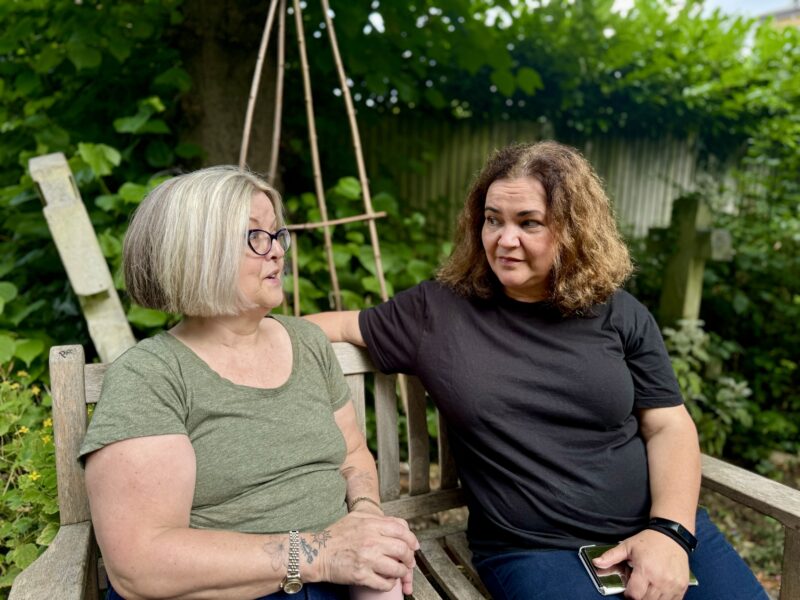Home > Hub article > Deputyships at a glance
Deputyships at a glance
Created: 10/02/2023, Bright Futures @Ruils
Who by? Bright Futures @Ruils
Source: View/download article
Why might it be of interest?
Making a decision to become a deputy for either Property and Financial Affairs and / or Personal Welfare is a big decision and it’s helpful to have some understanding of why you might want to become a deputy and what is involved in the process.
You may not need a deputyship to manage your young person’s affairs and you should be aware that the Court of Protection is very reluctant to grant Personal Welfare deputyships. Their view is that these decisions should be made via a Best Interests process in most instances. The figures from a couple of years ago were 15,000+ property and financial affairs deputyships were granted and 400 personal welfare deputyships.
You may well hear professionals asking if you have a deputyship so it is important that you understand what it is and why you might have one – but also why you might not have one.
Deputyships are for families of young people who do not have capacity to make their own financial decisions. If your young person does have capacity you should be going down the Lasting Power of Attorney route.
Two types of deputyship:
- Personal Welfare – rarely granted
- Property and Financial Affairs
- A generalised property and finance deputyship covers most matters financial but NOT buying/selling property and certain investments – a further specialised deputyship would be required
Do you need a deputyship?
An important decision to consider as you may not need a Court of Protection (CoP) deputyship order at all or possibly only for a one-off decision. The application process is the same regardless.
If your young person’s income is solely benefits and they have no other income or assets simply being your young person’s DWP Appointee will enable you to manage everything to do with their benefits – any benefit.
Many decisions can be made on a ‘best interests’ basis and some financial institutions will accept alternative evidence to allow you to access a sole name bank account or access to their Child Trust Fund (they may not, in which case you will need a one-off CoP order).
One-off decisions
You can apply to the Court of Protection for a one-off decision – this is where you don’t need or want to become a deputy but you need to have authority to make a specific decision.
The process and the forms are the same for both a deputyship application or for a one-off decision. You should be aware that the Court of Protection could decide to make you a deputy if they feel that the decision warrants it.
Completing the application
Read the government guidance here: https://www.gov.uk/become-deputy/print
CoP3: assessment of capacity; by a doctor, consultant, social worker for example. Likely to be a cost but this form is essential to the application
CoP1: the application; will you be a sole, joint or joint and several deputy; information about the young person’s bank accounts, etc; interested parties to notify – these are people, family and friends, who are close to and involved with your young person. There’s a lot of information but it is what you already know.
CoP1A: further information about the young person’s financial affairs; benefits, when they were last reviewed, etc
CoP4: deputy declaration; agreeing to duties; information about each deputy
All forms plus charges sent off to the CoP who will ‘issue’, ie stamp and return the application, to indicate it is being considered. The young person and interested parties now have to be notified and confirmation (certificate of service) sent back to the CoP. A waiting period follows to allow for objections. If no objections a bond (insurance policy) is agreed and the deputyship is granted. The whole process takes about 6 months.
If you are granted a general deputyship rather than a one-off order there will be ongoing responsibilities and an annual report to complete.
Categories: Deputyships, Financial Matters, Future Planning
